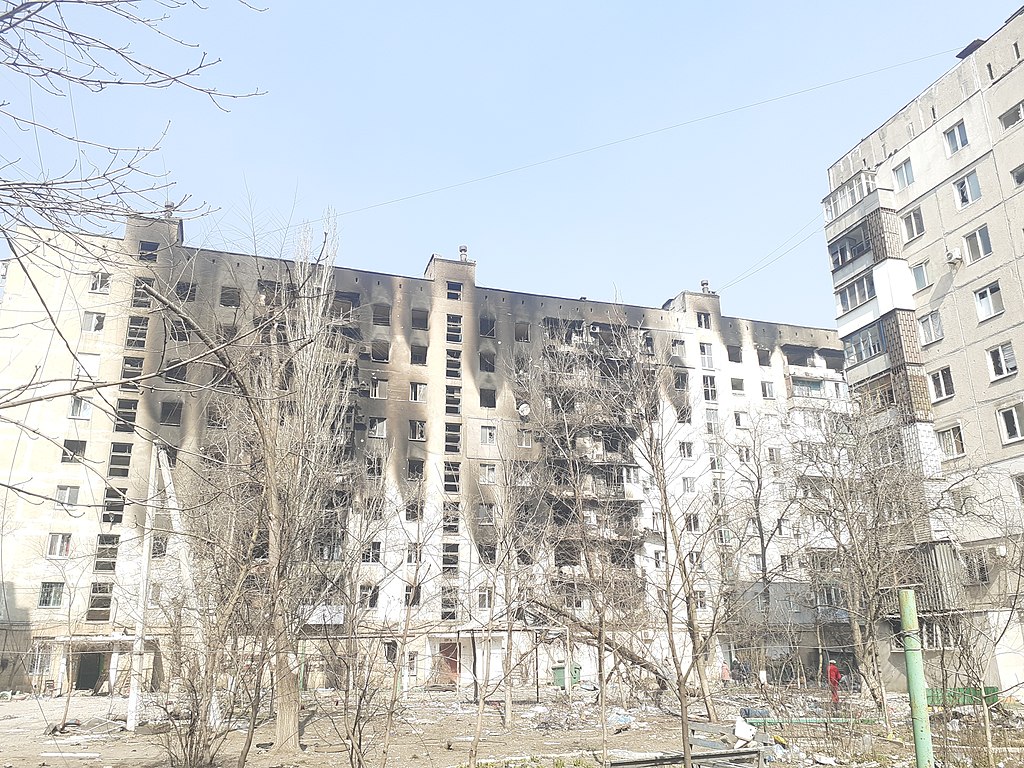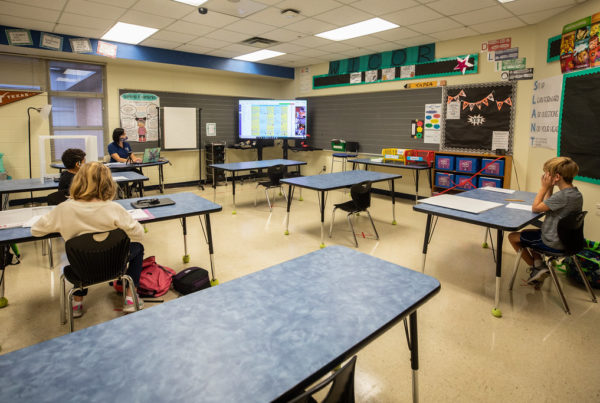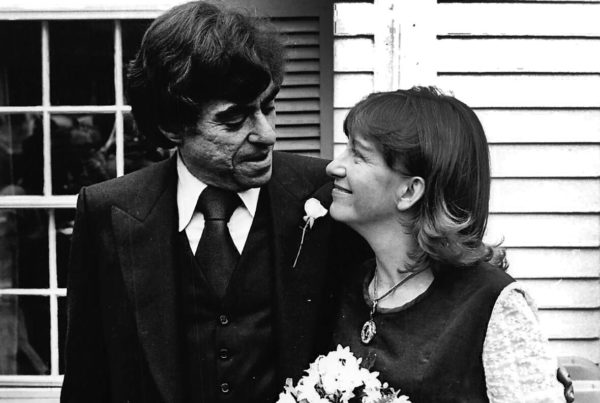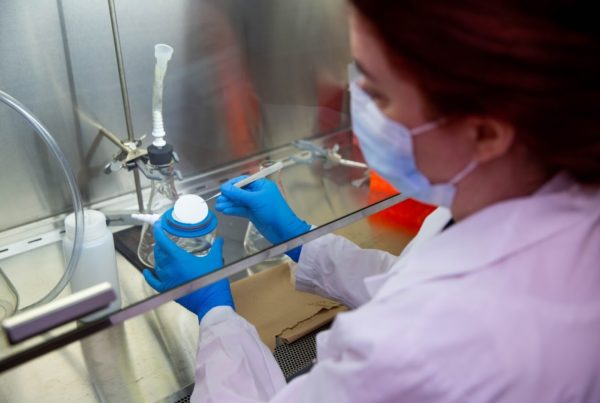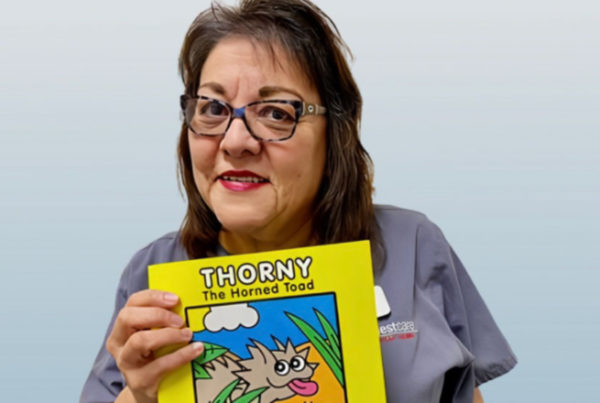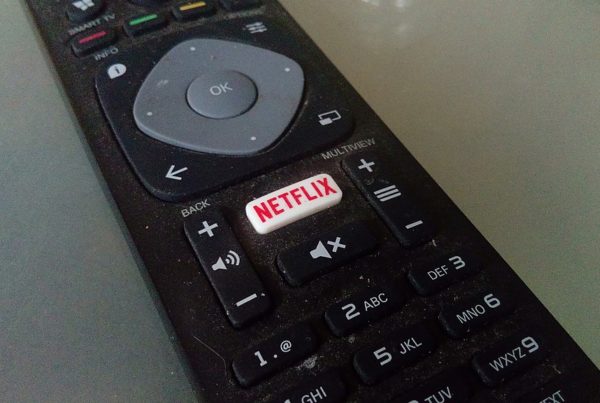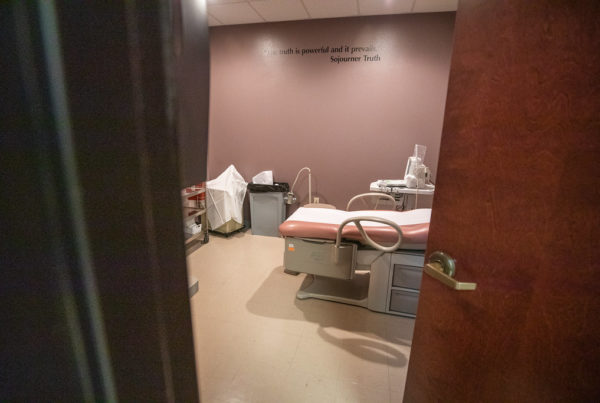The Ukrainian city of Mariupol, under siege for 40 days, is on the brink of falling after Russian forces split Ukrainian defenders there in two. It’s one of the key cities in eastern Ukraine where Russian President Vladimir Putin has shifted the focus of the war.
The New York Times reports thousands of civilians have likely been killed, and those who remain there have no water, food, or electricity and face constant bombing attacks. And despite Putin’s announcement Thursday that he was calling off an invasion of a steel mill in Mariupol where Ukrainian troops are massed, it doesn’t mean he intends to back down.
Michael Mosser, assistant director of the Center for European Studies and a distinguished scholar at the Robert S. Strauss Center for International Security and Law at the University of Texas at Austin, says Putin’s strategy could be to consolidate and control Donbas to declare victory in Ukraine. Listen to the interview with Mosser in the audio player above or read the transcript below.
This interview has been edited lightly for clarity.
Texas Standard: There’s a lot of confusion right now about what’s happening in Mariupol. This new announcement from President Putin, instead of an attack on that steel plant, is he just planning to surround it instead?
Michael Mosser: That it appears to be the strategy, yes. We woke up this morning to find that Putin had commanded the troops to ensure, in his words, not even a fly could pass through the blockade. It’s unclear whether or not he has the forces to do that. It’s also something, it’s important to remember, that these aren’t just fighters who are in this particular steel complex; there are something like a thousand civilians who are now [there] as well.
And so while we don’t know what Putin is thinking directly, it may be that he didn’t want to have this, you know – it’s already on the news in the way that it is – but a storming of this plant with a massive loss of life for not just soldiers, but civilians could be very bad optics.
What about the timing of all this? There’s a yearly Russian anniversary coming up next month, marking the defeat of Nazi Germany in World War II.
It’s certainly something to think about. The British ministry of intelligence, in fact, has said that May 9, which is the day that the Russians celebrate victory over the Nazis – a day later than the rest of Europe, by the way, which celebrates on May 8 – but Victory Day for Russia has always been a major, major celebration.
And so it might be, although, again, we have no way of knowing for sure, but it might be that Putin is attempting to consolidate gains, I suppose, and to present to the world some semblance of what he could consider, present, to its people – in fact, not just to the world, but to the Russian people, some semblance of what he could consider a victory.
It’s been about two months since Russia invaded Ukraine this time, and there is talk that we are now in a “second phase” of this war. What does that mean?
Most modern combat is conducted in phases in this way, and whether or not this was always planned or is a recalibration, basically, after the failed push to Kyiv in the north early on, it remains open to interpretation. But basically, the Russians are in many ways trying to recalibrate their forces, recalibrate their strategy, using what are more traditional Russian tactics now in the east: slower, more methodical advances; not this lightning push to seize an airport and then try to take Kyiv with light weapons and special forces, but rather with combined arms, armor and infantry and artillery, and essentially consolidate control over Donbas, which is the region where arms continue.
Why is Donbas so important, so crucial to Russia’s plans?
It’s been part of the plan since 2014. Donbas, of course, is ethnically Russian. The vast majority of Donbas tends to be Russian-speaking first and foremost then, and Donbas is where Russian separatists have been fighting Ukrainian troops, really, since 2014. And so Putin is hoping to consolidate control of Donbas. And essentially, this might be the endgame: consolidate control of Donbas and declare victory in Ukraine.
This story has been updated to clarify that the guest, Michael Mosser, did not say that Putin is laying the groundwork for a westward push into Ukraine. Other experts have suggested that that might be the case, but in an email, Mosser said he does not “believe that’s going to happen.”


